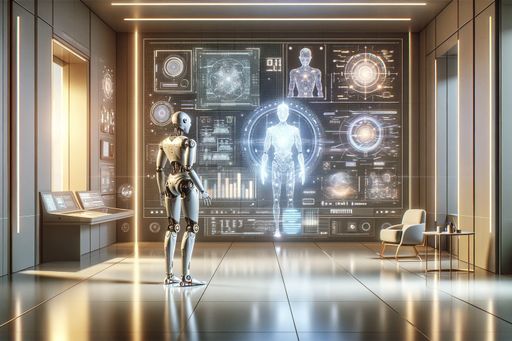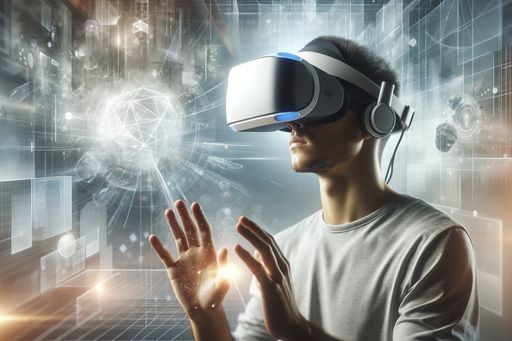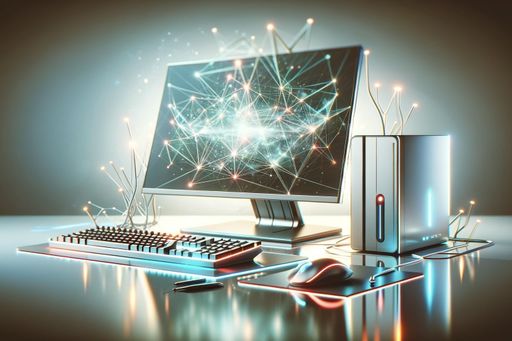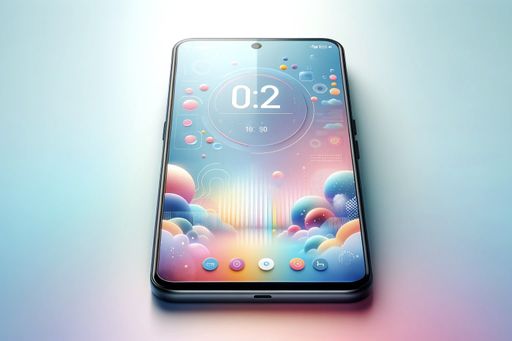All Articles - Page 274

Quantum Computing Startup Plans to Beat IBM to Error Correction
QuEra, a quantum computing startup, has announced plans to bring error correction to quantum computing in two years, beating IBM's timeline. The company is building on the success of the Harvard University lab's demonstration of error-tracking in similar hardware. By using neutral atom-based qubits, QuEra aims to create hardware with low error rates that will enable useful computations. Currently, quantum computing is limited by error rates, and error-corrected qubits are necessary for complex calculations. QuEra's announcement should be viewed cautiously, but it offers promising advancements in the field.

Quantum Computing Startup Quera Aims to Beat IBM in Error Correction
Quera, a quantum computing startup, has announced its plans to bring error correction to quantum computing in only two years, ahead of IBM's timeline. Quera is a spinoff of the Harvard University lab that demonstrated error-tracking using similar hardware. The company uses the same type of qubits as rival startup Atom Computing, which has already scaled up to over 1,000 qubits. While skepticism remains, Quera's focus on error-corrected qubits could be a promising development.

New Material Discovered by AI Could Reduce Lithium Use in Batteries
A new substance has been discovered using artificial intelligence (AI) and supercomputing that has the potential to reduce lithium use in batteries by up to 70%. The material was found by Microsoft and the Pacific Northwest National Laboratory (PNNL), and has already been used to power a lightbulb. By using advanced AI and high-performance computing, the research process from identifying potential candidates to developing a working battery prototype took less than nine months. This new material could be a sustainable energy storage solution and is a major breakthrough in the lithium-ion battery industry.

Tim Cook Introduces Apple Vision Pro as 'Spatial Computing'
Apple's new Vision Pro headsets are set to debut next month, but Apple doesn't want you to call them headsets. Instead, they want you to use the term 'spatial computing.' This article explores what this term means and why Apple is choosing to use it.
![905528F9-F31D-43E0-8648-7AAFB7AB5D51 Tesla Improves Internet Connectivity and Adds Intuitive Reverse in Software Update [Video]](https://media.bussinfeed.com/NvEw1AVV9nyIAVB8h3beg5uMNmQ=/512x/2b71f89fd9b74d9c8a2897efa946ae89/blog/905528f9-f31d-43e0-8648-7aafb7ab5d51)
Tesla Improves Internet Connectivity and Adds Intuitive Reverse in Software Update [Video]
Tesla has introduced improvements to internet connectivity and reverse functionality in its recent software update. The update ensures seamless transition from WiFi to cellular data, eliminating connectivity gaps for Tesla drivers. Additionally, the update includes intuitive reverse lane markers in the vehicle's visualization, providing a clearer view of the vehicle's path while reversing. These updates enhance the overall user experience and improve WiFi speeds for Tesla owners.

US Lawmakers Introduce Legislation to Prevent Internet Bill Hikes
US lawmakers are taking action to prevent abrupt price hikes on Americans' internet bills by introducing legislation to provide additional funding for the Affordable Connectivity Program (ACP). The ACP offers monthly discounts on internet service for low-income households and has been widely adopted across the country. Without an extension, the ACP's budget will be exhausted by the end of April, leading to disruptions in internet access for an estimated 25 million homes. The bipartisan legislation, known as the Affordable Connectivity Program Extension Act, is supported by over 450 organizations.

Samsung Uses Vegas Sphere to Hype Galaxy AI, Galaxy S24
Samsung utilizes the Sphere in Las Vegas to generate excitement for the upcoming Galaxy AI and Galaxy S24.

ATP, WTA Introduce Rules to Limit Late Matches
The ATP and WTA have announced new rules to address concerns about late-night matches and inconsistent tennis balls used at tournaments.
